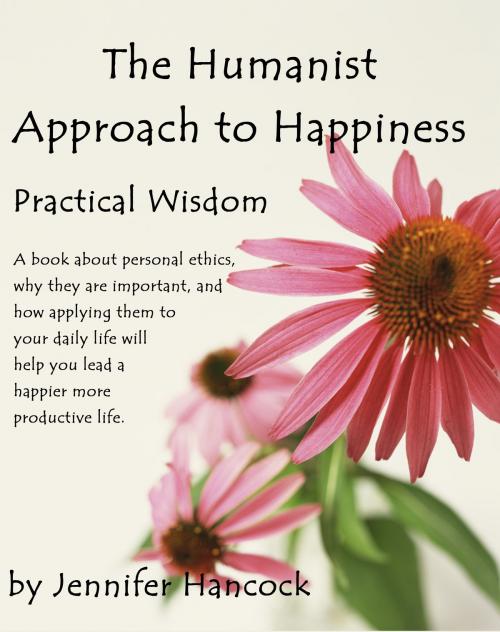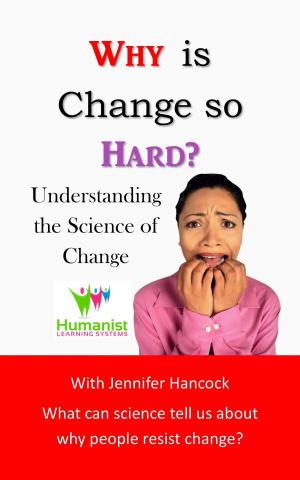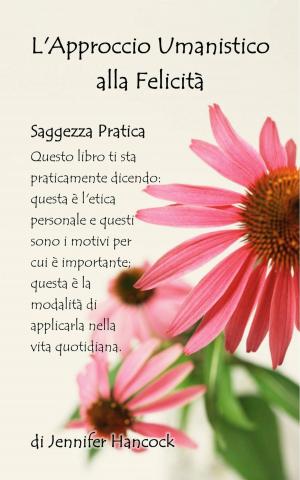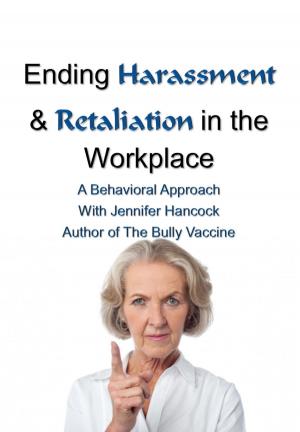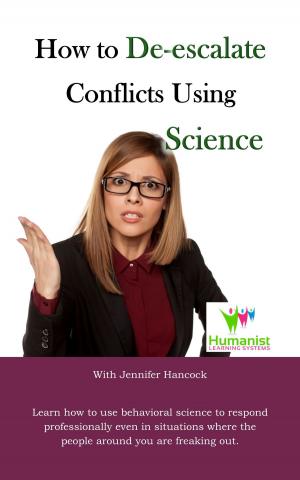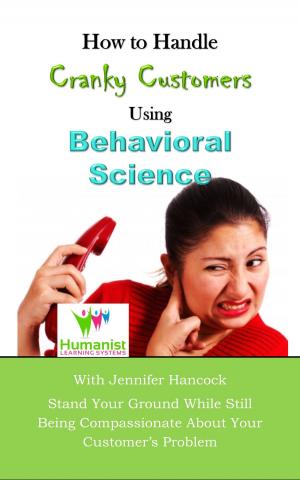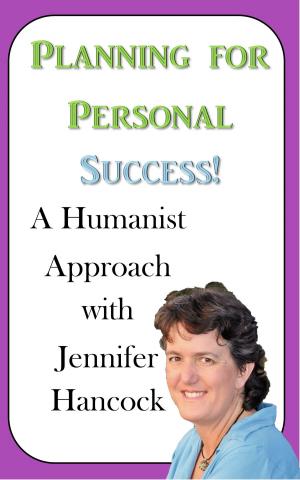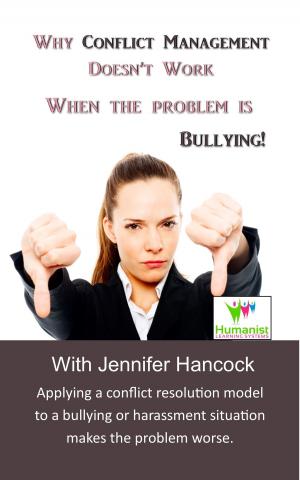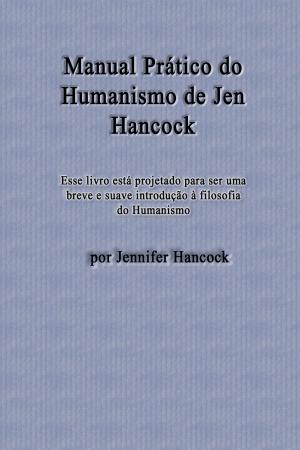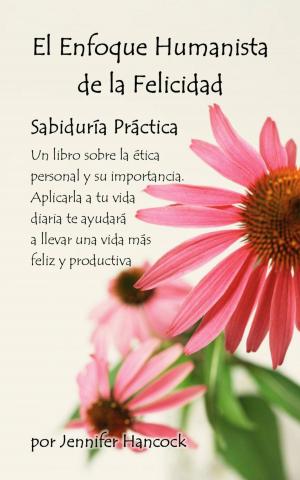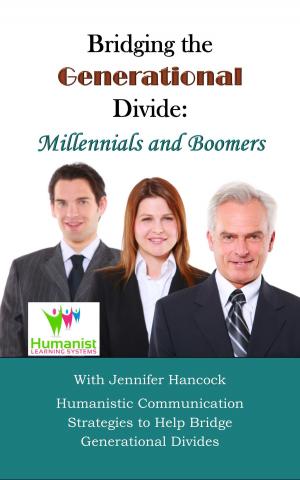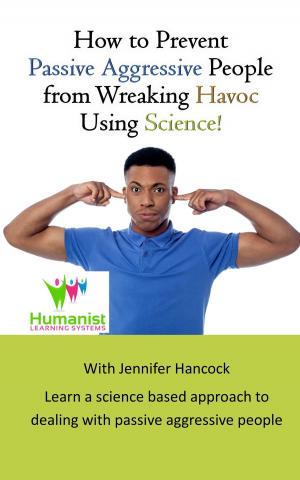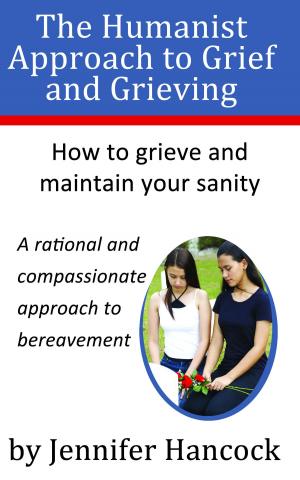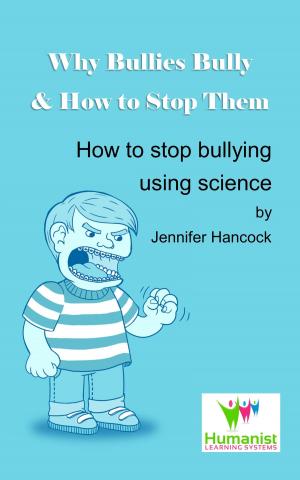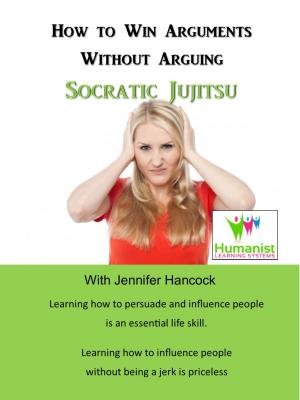The Humanist Approach to Happiness: Practical Wisdom
Nonfiction, Family & Relationships, Adolescence, Health & Well Being, Self Help, Self Improvement| Author: | Jennifer Hancock | ISBN: | 9781452360904 |
| Publisher: | Jennifer Hancock | Publication: | August 25, 2010 |
| Imprint: | Smashwords Edition | Language: | English |
| Author: | Jennifer Hancock |
| ISBN: | 9781452360904 |
| Publisher: | Jennifer Hancock |
| Publication: | August 25, 2010 |
| Imprint: | Smashwords Edition |
| Language: | English |
The Humanist approach to Happiness was written as a way to encourage young people to think about and discuss their personal ethics and values in the context of every day decision making. In other words, how can they be the best most ethical person they can be. How can and why should they be ethical with their friends? What values should they be considering when they are deciding whether or not to try drugs and to drink alcohol? How and why should we be ethical while dating, and breaking up? How can we apply our values to ourselves when we are grieving? And most importantly, why all this matters.
Life isn’t easy. It is filled with challenges. How we navigate those challenges determines our success in life. If you want to learn more about how to be happy and how to think more effectively about the choices you make, this book will help.
What is Humanism? Humanism is a highly effective approach to human development. It is as much concerned with personal development as it is with social responsibility. In fact it is the most humane and holistic approach to ethical philosophy humanity has ever devised. It is a non-religious approach to ethics that is accessible to everyone - regardless of background.
People who can benefit from this book include:
- Anyone who wants to learn more about Humanism and its practical application to daily life
- Teens and Young adults looking for advice on everything from dating to dealing with jerks at work or at school.
- Parents who want a book that will help them jump start important conversations with their children
- Youth group leaders interested in fostering important discussions in their groups
- Anyone who is struggling with self-identity issues
- Anyone who is experiencing grief and wants a Humanist perspective on how to cope with it
- People dealing with addiction that are looking for secular advice on how to gain the courage to confront their addiction.
- Anyone who wants easy to understand lessons on how to start practicing Freethought
- And anyone who wants to better understand the benefits of applying critical thinking skills and ethical values to every day problem solving
The Humanist approach to Happiness was written as a way to encourage young people to think about and discuss their personal ethics and values in the context of every day decision making. In other words, how can they be the best most ethical person they can be. How can and why should they be ethical with their friends? What values should they be considering when they are deciding whether or not to try drugs and to drink alcohol? How and why should we be ethical while dating, and breaking up? How can we apply our values to ourselves when we are grieving? And most importantly, why all this matters.
Life isn’t easy. It is filled with challenges. How we navigate those challenges determines our success in life. If you want to learn more about how to be happy and how to think more effectively about the choices you make, this book will help.
What is Humanism? Humanism is a highly effective approach to human development. It is as much concerned with personal development as it is with social responsibility. In fact it is the most humane and holistic approach to ethical philosophy humanity has ever devised. It is a non-religious approach to ethics that is accessible to everyone - regardless of background.
People who can benefit from this book include:
- Anyone who wants to learn more about Humanism and its practical application to daily life
- Teens and Young adults looking for advice on everything from dating to dealing with jerks at work or at school.
- Parents who want a book that will help them jump start important conversations with their children
- Youth group leaders interested in fostering important discussions in their groups
- Anyone who is struggling with self-identity issues
- Anyone who is experiencing grief and wants a Humanist perspective on how to cope with it
- People dealing with addiction that are looking for secular advice on how to gain the courage to confront their addiction.
- Anyone who wants easy to understand lessons on how to start practicing Freethought
- And anyone who wants to better understand the benefits of applying critical thinking skills and ethical values to every day problem solving
